Dr. Svend Aage Mortensen described Coenzyme Q10 as a natural substance that works with the cells of the heart muscle to enhance cellular processes rather than block them. He knew that a heart muscle that is low on Q10 is an energy-starved heart. He knew that Q10 is an essential co-factor for cellular energy production as well as a powerful antioxidant. He knew, from research studies, that low levels of Q10 in the heart muscle cells are related to the degree of severity of chronic heart failure.
The Q-Symbio study on which Dr. Mortensen was the lead researcher was the first randomized, double-blind, placebo-controlled clinical trial with an adequate sample size, an adequate dosage of Q10, and an adequate duration of follow-up to evaluate the efficacy of adjuvant treatment of heart failure patients with Q10. It built on the earlier results from the Morisco multi-center study.
Benefits of Q10 supplementation
Heart failure patients in the Q-Symbio study who received a daily dosage of three times 100 mg of a carefully prepared Q10 supplement had the following health benefits (compared to heart failure patients on a placebo treatment):
- fewer numbers of cardiovascular deaths
- fewer numbers of all-cause mortality
- reduced numbers of major cardiovascular adverse events
- fewer hospitalizations
- improvements in their NYHA functional classification levels (2)
Three different terms for Coenzyme Q10
Dr. William Judy, himself a long-time researcher into the clinical effects of Coenzyme Q10 supplementation, told me once that three leading Q10 researchers had each coined a term for Q10.
- In the title of one of his books, Dr. Emile G. Bliznakov called Q10 the miracle nutrient (1).
- In one of the early meetings of the International Coenzyme Q10 Association, Dr. Peter Mitchell called Q10 the wonder nutrient. He urged Coenzyme Q10 researchers to find clinical applications for the substance.
- In his speeches and writings, Dr. Karl Folkers often referred to Q10 as the essential bio-nutrient. Dr. Folkers considered Q10 essential for life.
In his research labs, Dr. Folkers did a series of plasma Q10 studies in patients whose blood was drawn 10 – 24 hours before they died. The plasma Q10 levels of the dying patients were practically non-measurable. Their hearts were truly energy-starved hearts, and they died.
Low plasma Q10 levels an independent predictor of mortality
Dr. Folkers and Dr. Mortensen and Dr. Judy all regarded low plasma Q10 levels to be an independent predictor of mortality in chronic heart failure patients.
Who were, briefly, those Q10 researchers who were so impressed by the importance of Coenzyme Q10 to human health that they thought up names for the substance?
Dr. Karl Folkers
Dr. Karl Folkers was an American bio-chemist who devoted six decades of chemical and bio-chemical research to the purpose of improving people’s health and increasing people’s lifespans. He was the first researcher to identify the exact chemical structure of Coenzyme Q10, the substance that Dr. Frederick Crane had isolated from beef heart tissue. Dr. Folkers was the first bio-medical researcher to document the condition of Q10 deficiency in heart failure patients.
Dr. Folkers was awarded the Priestly Medal by the American Chemical Society for his research (5). In addition to his laboratory and clinical research on Coenzyme Q10, he contributed much work on the structure, the synthesis, and the clinical applications of the B-vitamins. In particular, he is given credit for the isolation and determination of the vitamin B-12. Dr. Folkers’ research did much to make possible the formulation and use of Coenzyme Q10 and the B-vitamins as nutritional supplements.
Coenzyme Q10 essential for energy synthesis
To repeat: Dr. Folkers knew that Coenzyme Q10 was essential for energy synthesis in the cells and was thus essential for life itself. According to Dr. Judy, many investigators around the world sent Dr. Folkers blood samples from young and old individuals. The older individuals’ samples that were taken just before death had almost unmeasurable Q10 plasma levels whereas the plasma Q10 levels in the young healthy individuals were normal.
Low plasma Q10 levels in cancer patients
Dr. Folkers also received blood samples from cancer patients with all degrees and kinds of cancers. According to Dr. Judy, Dr. Folkers found that 78 % of all cancer patients had below normal plasma Q10 levels for their age groups. Patients who had gone through recent chemotherapy or radiation therapy sessions also had significantly lower plasma Q10 levels.
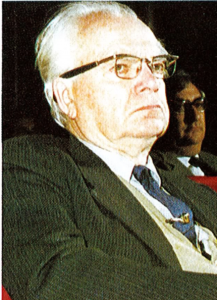
Dr. Peter Mitchell,
English bio-chemist,
1920 – 1992.
He encouraged CoQ10 researchers
to find clinical applications.
Dr. Peter Mitchell
Dr. Peter Mitchell, an English bio-chemist, won the Nobel Prize in 1978 for his description of the biological energy transfer process by which the cells produce energy. Coenzyme Q10 plays a decisive role in the electron transport chain and in the forming of adenosine triphosphate (ATP) in the inner membranes of the mitochondria (4).
Dr. Emile Bliznakov
Dr. Bliznakov, M.D., was once described by Dr. Richard Passwater as a leading expert on Coenzyme Q10 as a modulating agent of the immune system (3). Dr. Bliznakov’s clinical and laboratory research focused on several aspects:
- the safety of Q10 supplementation
- the role of Q10 in the process of
- bio-energetics
- the need for Q10 supplementation for patients taking statin medications
the effect of Q10 on aging (animal studies)
CoQ10 researchers
Without the efforts of Drs. Crane, Mitchell, Folkers, Bliznakov, and Judy, we would still not know how essential a Q10 supplement is to our health, particularly as we get older.
Read our key article on CoQ10 as adjuvant therapy for heart failure
Sources:
- Bliznakov, E. G. (1986). The Miracle Nutrient: Coenzyme Q10. New York: Bantam.
- Mortensen, S. A., Rosenfeldt, F., Kumar, A., Dolliner, P., Filipiak, K. J., Pella, D., & … Littarru, G. P. (2014, Dec). The effect of Coenzyme Q10 on morbidity and mortality in chronic heart failure: results from Q-Symbio: a randomized double-blind trial. JACC. Heart Failure, 2(6):641-649.
- Passwater, R.A. (2003, Feb.). Coenzyme Q-10: An interview with Emile G. Bliznakov, M.D. Whole Foods Magazine. Retrieved from
http://www.drpasswater.com/nutrition_library/bliznakov_md.htm - “Peter Mitchell – Biographical”. (2014). Nobelprize.org. Nobel Media AB. Retrieved from <http://www.nobelprize.org/nobel_prizes/chemistry/laureates/1978/mitchell-bio.html>
- Shive, W. (2002). Karl August Folkers, September 1, 1906-December 9, 1997. Washington, D.C.: National Academy of Sciences. http://www.nobelprize.org/nobel_prizes/chemistry/laureates/1978/mitchell-bio.html


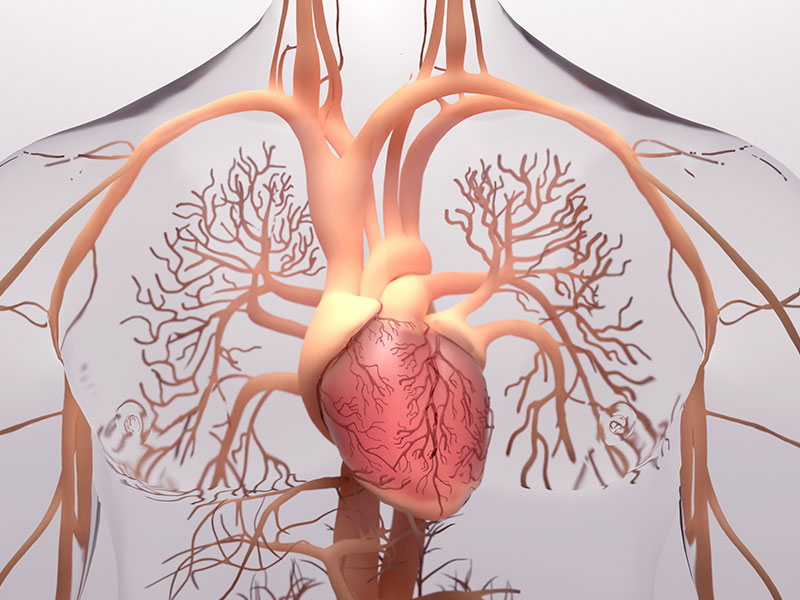
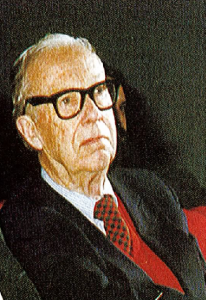
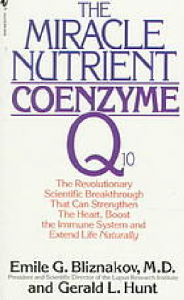
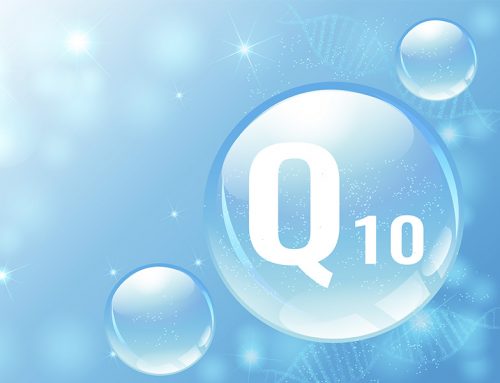


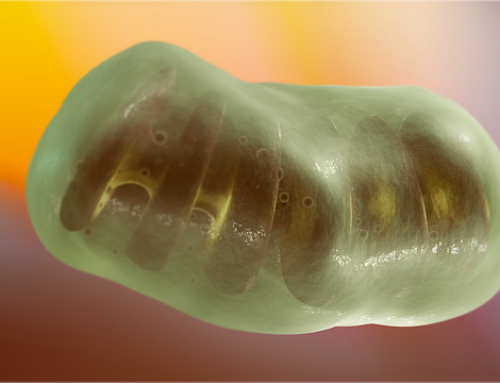

Leave A Comment